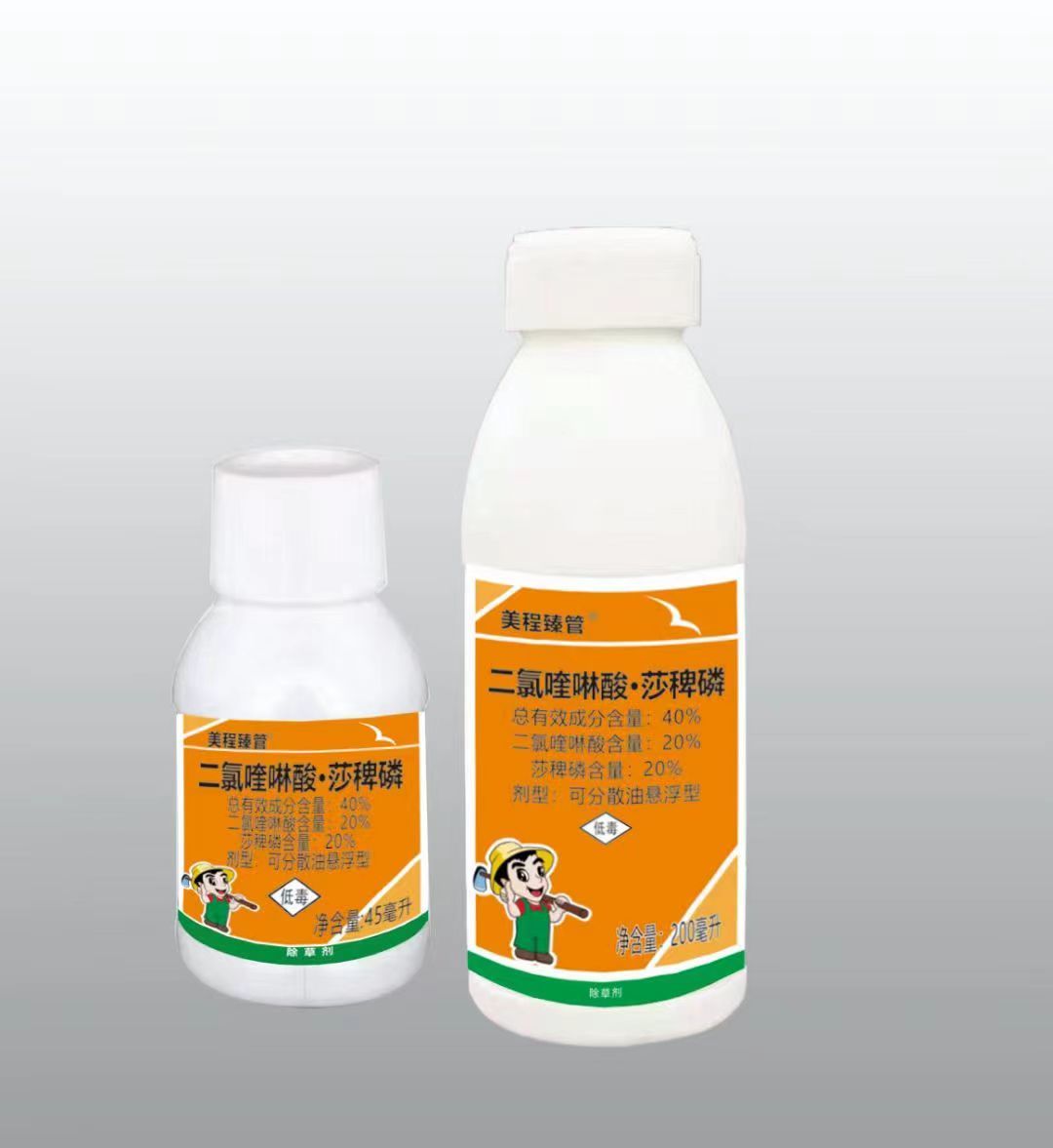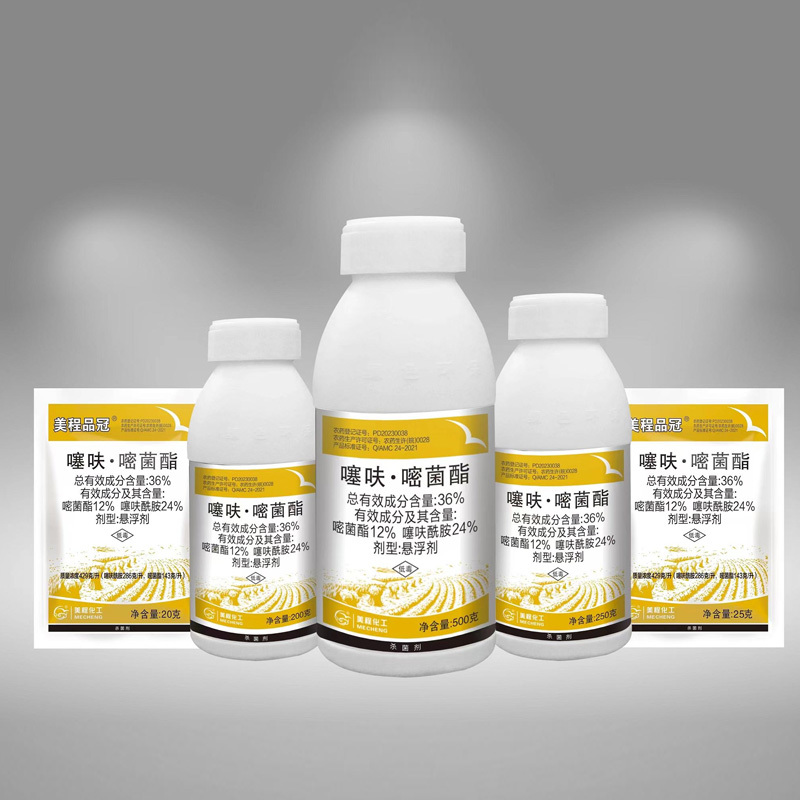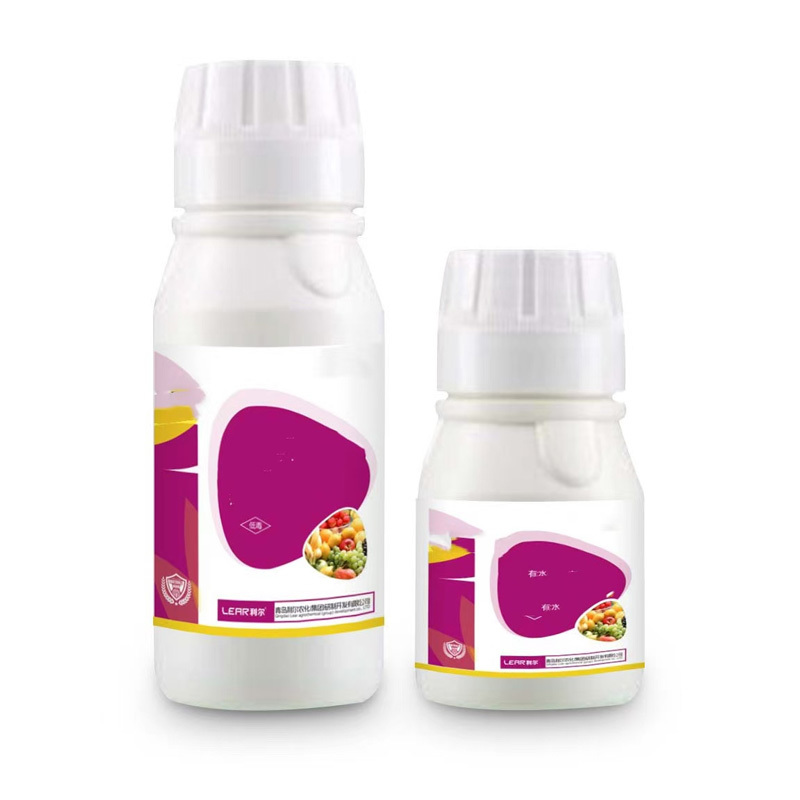-
-
-
-
News & Publication
-
News & Publication
Unlocking Nature's Secrets: The Power of Biological Pest Control Agents
Time
2025-04-22
Biological pest control agents are natural organisms that play a crucial role in managing agricultural pests. They are an integral part of integrated pest management (IPM) strategies, utilizing the natural predation, parasitism, or competition that occurs in ecosystems to regulate pest populations. This approach aligns with sustainable farming practices and reduces reliance on synthetic chemicals,
One of the primary categories of biological pest control agents includes predators and parasitoids. Predators, such as ladybugs and lacewings, actively hunt and consume pest insects, helping to keep their populations in check. Parasitoids, on the other hand, lay their eggs on or inside pest insects, leading to the eventual death of the host. Examples include certain wasps that target caterpillars or aphids, demonstrating nature's balance in action.
Additionally, microbial agents, such as bacteria, fungi, and viruses, have gained recognition for their pest control capabilities. For instance, Bacillus thuringiensis (Bt) is a bacterium that produces toxins harmful to specific insect pests but is safe for humans and beneficial insects. These microbial agents can be applied as bio-pesticides, effectively reducing pest numbers while minimizing harm to the ecosystem.
Another fascinating group of biological pest control agents consists of entomopathogenic nematodes. These tiny roundworms enter the bodies of pest insects, releasing bacteria that kill the host. They are especially effective against soil-dwelling pests, providing a natural solution to problems that often require chemical intervention.
The advantages of utilizing biological pest control agents are manifold. They contribute to the development of resilient agricultural systems by fostering biodiversity and enhancing soil health. Moreover, they minimize the chances of pest resistance, a common concern with chemical pesticides, ensuring long-term pest management effectiveness.
Farmers interested in incorporating biological control agents into their practices should consider factors such as the specific pests they are targeting, the local ecosystem, and the compatibility of these agents with existing agricultural practices. Collaborating with agricultural extension services or pest management professionals can provide valuable insights into the most suitable biological control options available.
In conclusion, biological pest control agents represent a promising avenue for sustainable agriculture. By harnessing nature's own defenses, farmers can effectively manage pests while safeguarding the environment. Embracing these natural allies can lead to healthier crops, reduced chemical usage, and a more balanced ecosystem, demonstrating the potential of biological pest control agents in modern farming.
Latest News

Email:
Address 1 : Salt-chemical Industrial Zone, Dingyuan County, Chuzhou, Anhui Province, China
Address 2 : 19F, Block A, Zheshang Building, Science Avenue, Hefei City, Anhui Province, China
Leave Message
We will contact you within one working day. Please pay attention to your email.
COOKIES
Our website uses cookies and similar technologies to personalize the advertising shown to you and to help you get the best experience on our website. For more information, see our Privacy & Cookie Policy
COOKIES
Our website uses cookies and similar technologies to personalize the advertising shown to you and to help you get the best experience on our website. For more information, see our Privacy & Cookie Policy
These cookies are necessary for basic functions such as payment. Standard cookies cannot be turned off and do not store any of your information.
These cookies collect information, such as how many people are using our site or which pages are popular, to help us improve the customer experience. Turning these cookies off will mean we can't collect information to improve your experience.
These cookies enable the website to provide enhanced functionality and personalization. They may be set by us or by third-party providers whose services we have added to our pages. If you do not allow these cookies, some or all of these services may not function properly.
These cookies help us understand what you are interested in so that we can show you relevant advertising on other websites. Turning these cookies off will mean we are unable to show you any personalized advertising.
This website already supports IPV4/IPV6 bidirectional access




